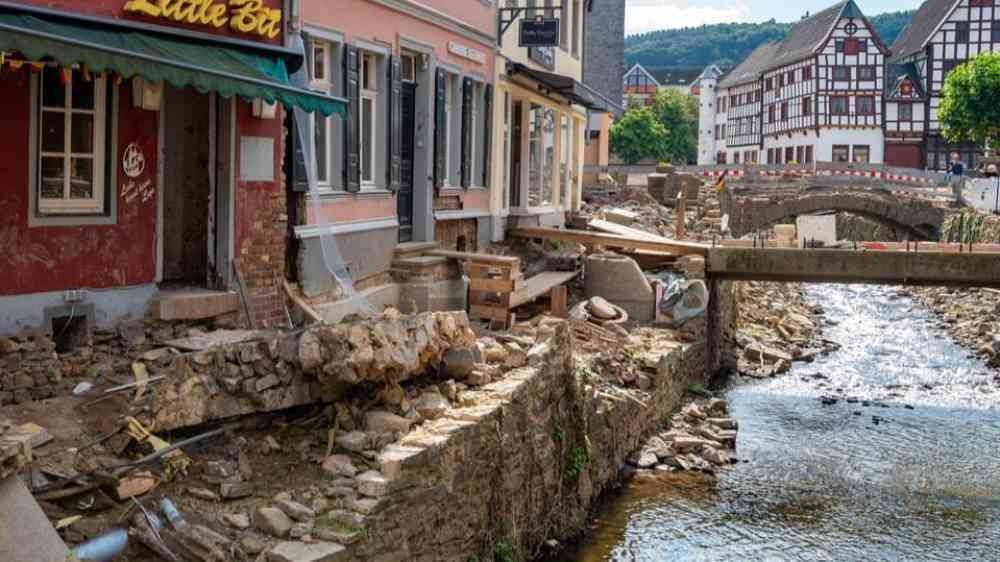
Protecting Europe's Essential Societal Functions:
· Develop minimum preparedness criteria for essential services such as hospitals, schools, transport, and telecommunications.
· Enhance the stockpiling of critical equipment and materials.
· Enhance climate adaptation and availability of critical natural resources such as water.
Promoting Population Preparedness:
· Encourage the public to adopt practical measures, such as maintaining essential supplies for a minimum of 72 hours in emergencies.
· Integrate preparedness lessons into school curricula and introduce an EU Preparedness Day.
Enhancing Crisis Response Coordination:
· Establish an EU Crisis Hub to improve integration among existing EU crisis structures.
Strengthening Civil-Military Cooperation:
· Conduct regular EU-wide preparedness exercises, uniting armed forces, civil protection, police, security, healthcare workers, and firefighters.
· Facilitate dual-use investments.
Bolstering Foresight and Anticipation Capabilities:
· Develop a comprehensive risk and threat assessment at EU level, helping prevent crises such as natural disasters or hybrid threats.
Increasing Public-Private Cooperation:
· Create a public-private Preparedness Taskforce.
· Formulate emergency protocols with businesses to ensure rapid availability of essential materials, goods, and services, and secure critical production lines.
Enhancing Cooperation with External Partners:
· Work with strategic partners like NATO on military mobility, climate and security, emerging technologies, cyber, space, and the defence industry.
Overall, by taking a proactive approach to preparedness, the EU aims to build a more resilient and secure continent, better equipped to face the challenges of the 21st century.


